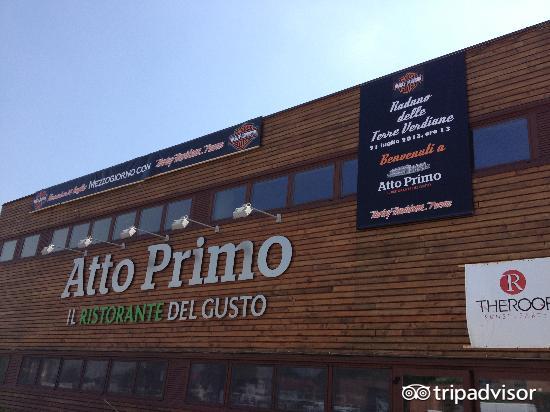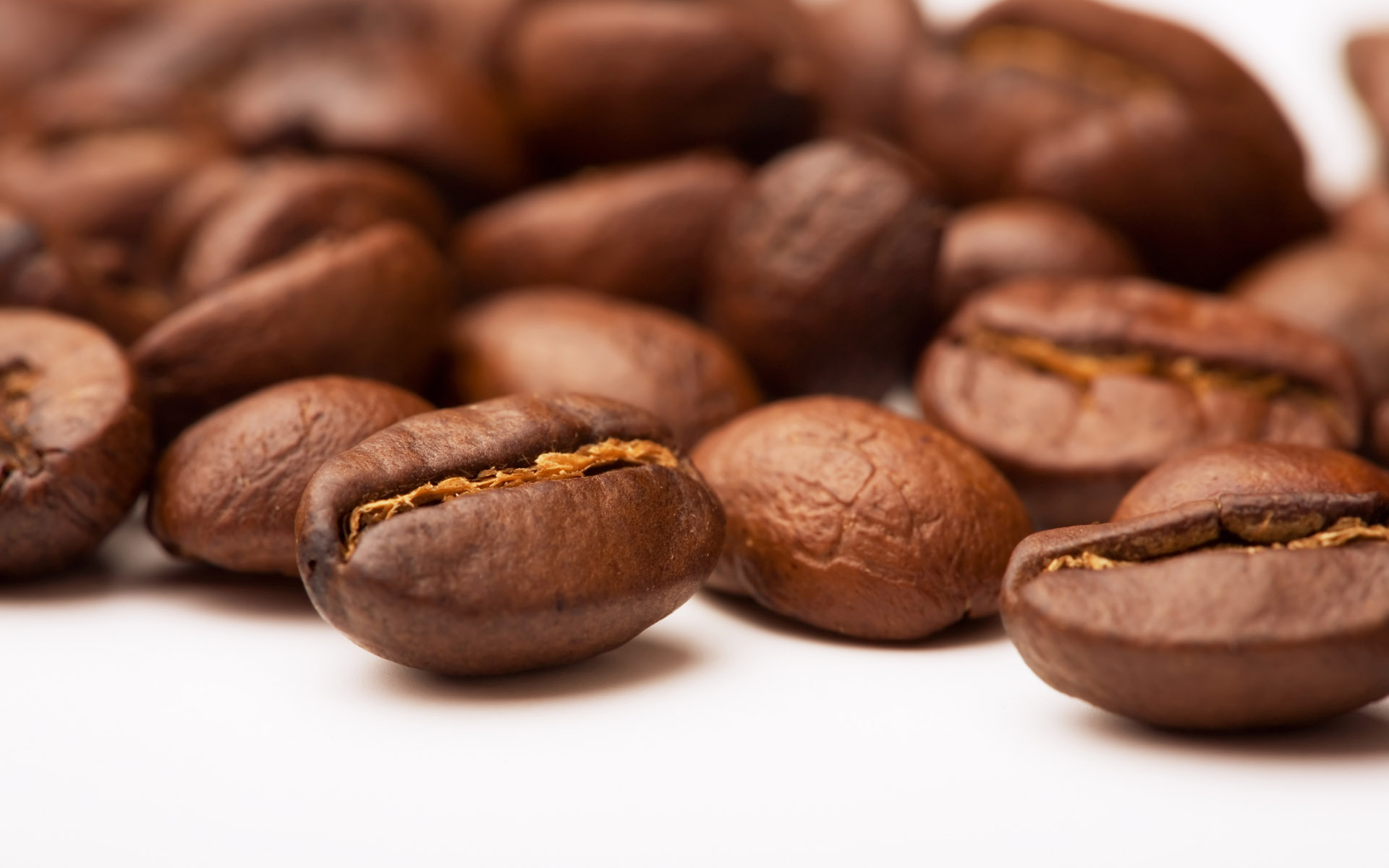Analysis of China's Coffee Industry in 2015
With the first coffee bean picked, the first roasting test, the first grinding, the first blending and the mellow smell of the first cup of hot coffee, the legend of coffee cultivation and coffee culture spreading on our small planet has become one of the greatest and most romantic stories in history.

According to historical records, coffee was first planted in Taiwan in 1884, which opened the prelude to the development of coffee in China. The earliest coffee cultivation in the mainland began in Yunnan, when a French missionary brought the first coffee seedlings to Binchuan County in Yunnan Province at the beginning of the 20th century. In the following nearly a hundred years, coffee was only "dotted" in the vast territory of China. However, in recent years, the development of coffee cultivation and consumption in China has attracted more and more attention of the world.
After entering the 21st century, with the rapid growth of China's economy, the continuous improvement of people's quality of life and the increasing diversification of drinks, coffee gradually linked with fashion and modern life has led to a rapid increase in coffee consumption and formed a huge potential consumption market. The following is the analysis of China's coffee industry in 2015:
1. According to authoritative statistics, at present, coffee consumption in China has remained between 30,000 and 40,000 tons in recent years, with an annual market growth rate of 10% and 15%. It is expected to become the most potential coffee consumer in the world.
According to the analysis of the development of China's coffee and beverage industry, the growth rate of the Beijing market is as high as 18%. There are 13600 cafes and 2200 coffee-related enterprises across the country, with 500000 employees. The scale and attractiveness of its consumer market, so that more and more foreign enterprises have begun to pay attention to the Chinese market, which is the main reason why major coffee producers and coffee manufacturers are keen to enter China.
two。 The taste of coffee consumption is getting higher and higher, and the charm of culture is the charm of the market. Instant coffee is far from representing coffee consumption. Consumers begin to recognize the brand, style and purity of coffee and know how to enjoy the fun of coffee. There is no doubt that "cultural coffee" is the mainstream of the whole coffee industry and is developing rapidly. The rapid development of coffee market is closely related to consumers' interest in western culture.
3. There is a significant positive relationship between the level of education, monthly household income and the frequency of drinking coffee, which means that coffee, an imported western drink, is a way of life symbolizing the successful class on Chinese mainland.
4. The competition within the industry and related industries is becoming more and more fierce, and it tends to the development of industry standardization.
5. According to a survey conducted by a national authority, the coffee industry is growing at a rate of 25%, and cafes are becoming a bright spot of urban civilization and economic growth. At present, the average consumption of coffee in Chinese cities is 4 cups per person per year, and only 20 cups per person per year, even in big cities such as Beijing and Shanghai. In Japan and Britain, each person drinks an average of one cup of coffee a day. Japan and Britain are both world-famous tea culture countries, which have developed into a huge coffee market. China, with a strong tea culture, has a broad potential for coffee consumption and is bound to become one of the largest coffee markets in the world.
Pablo, director of operations of the International Coffee Organization (ICO). Dubois also believes that the Chinese market has great potential. "in the 1960s, Japan consumed only 250000 packets of coffee a year, but now it consumes 7 million packets," he said. The Chinese market has also shown signs of developing along this trend, so China will become an important coffee consumption market in the world. "
Source: China report Hall Network
Important Notice :
前街咖啡 FrontStreet Coffee has moved to new addredd:
FrontStreet Coffee Address: 315,Donghua East Road,GuangZhou
Tel:020 38364473
- Prev

Yum plans to open 700 fast food restaurants in China in 2015. Coffee will compete with Starbucks.
Atto Primo, a restaurant owned by global fast-food giant Yum, overlooks Shanghai's Bund, near one of the city's most expensive shopping venues. Yum calls it a laboratory for studying Chinese diners. Yum's performance in the big Chinese market continues to decline and is also seeking to recover lost ground. A high-end experimental kitchen allows Yum to test new menus and concepts, from more sophisticated diners.
- Next

Analysis of Chinese Coffee Market Nestle Starbucks Coffee Coffee Brand instant coffee
The heating up of China's coffee market stems from a certain demand space. According to the survey, the main consumers of coffee are urban workers. This part of the consumer group is also the leader of social fashion, they are interested in foreign food culture and easy to accept. In terms of economic strength, they can also afford this part of the cost. With the consumption of coffee, coffee culture came into being, and coffee
Related
- Can I make coffee a second time in an Italian hand-brewed mocha pot? Why can't coffee be brewed several times like tea leaves?
- Hand-brewed coffee flows with a knife and a tornado. How to brew it? What is the proportion of grinding water and water temperature divided into?
- What is the difference between Indonesian Sumatra Mantinin coffee and gold Mantinin? How to distinguish between real and fake golden Mantelin coffee?
- What does bypass mean in coffee? Why can hand-brewed coffee and water make it better?
- Unexpected! Ruixing Telunsu lattes use a smoothie machine to foam milk?!
- % Arabia's first store in Henan opens into the village?! Netizen: Thought it was P's
- Does an authentic standard mocha coffee recipe use chocolate sauce or powder? Mocha Latte/Dirty Coffee/Salty Mocha Coffee Recipe Share!
- What is the difference between Vietnam egg coffee and Norway egg coffee? Hand-brewed single product coffee filter paper filter cloth filter flat solution!
- What is the difference between sun-cured and honey-treated coffee? What are the differences in the flavor characteristics of sun-honey coffee?
- How to make Italian latte! How much milk does a standard latte use/what should the ratio of coffee to milk be?

